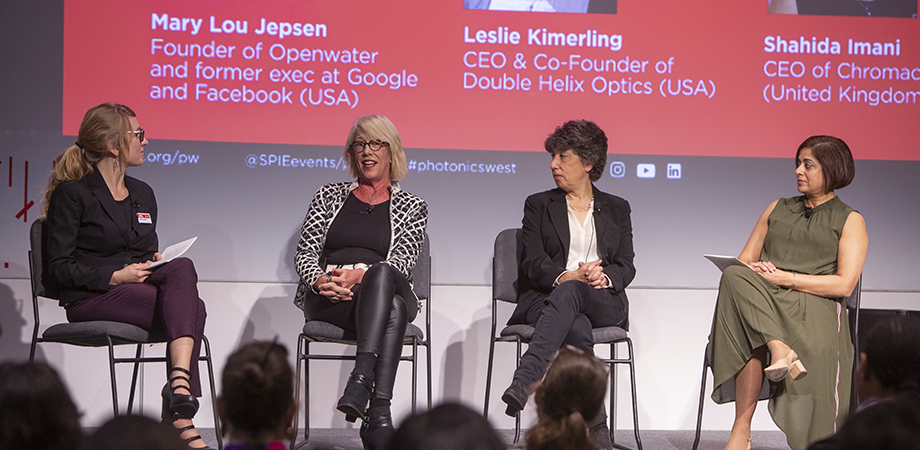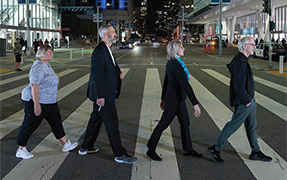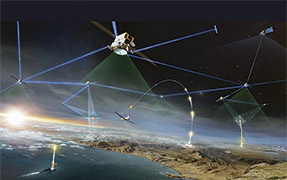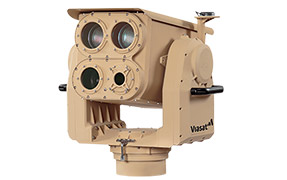Equity in Industry Panel

From the difference between equality and equity to the more pragmatic issues around hiring women and other underrepresented groups, the Equity in Industry panel at SPIE Photonics West on Sunday generated a dynamic discussion by a group of eloquent CEOs: Openwater's Mary Lou Jepsen, Double Helix's Leslie Kimerling, and Chromacity's Shahida Imani.
"Equality," said Kimerling, kicking off the conversation, "is the idea of equal access: we passed the 14th amendment in this country to ensure equal access, and that's a start. But equity is the support that you give people in their work. Are we as managers and CEOs and leaders giving everyone the same support, independent of their gender, religion, sexual orientation? To me those are the real issues around equity."
As a business leader, Jepsen, Kimerling, and Imani agreed, you need to establish and drive companies that ensure equity: that includes fair compensation and proper advancement, as well as, for example, the appropriate approach when employees re-enter the workplace.
This is an area where, Imani pointed out, governments working with industry could help create more equitable structures around maternity and paternity leave. "If you look at Scandinavian countries, they support men taking their paternity leave for up to two years. Look at that model: equal support of males as well as females. Don't exclude the men from this." It's also critical, she added, to be proactive with retention policies. "When your employees return after the life-changing experience of having a child, for example, don't just accept them back, support them – have the compassion and empathy to welcome them back into the workplace from a personal perspective as well as professional one. Don't exclude them from exciting projects, make sure they want to come back to work and that they want to stay."
Recognition is key to retaining underrepresented groups, said Kimerling. "It's really important that people feel like they belong, that people feel that they have opportunities. That's our job: we have to help people to find their place and their confidence so that they can move up. Creating that confidence, hopefully that is my contribution to my employees' experience."
"Technology moves fast," Jepsen added. "If you discriminate against the vast majority of the population, you're going to lose. People join my company because we don't all look the same; people want that diversity. The future is changing all the time: do you want the best talent or not? People ask me how to hire women minorities and the answer is simple: just hire them. If they're doing a good job, give them more opportunity. The only way you can scale yourselves is if you delegate to other people and see what they can do. Empowerment is so important."
"I think people make choices and that's fine," Kimerling noted of more rigid company structures. "Don't let their choices constrain you. I don't want to spend my life trying to fight someone in order to change their point of view; I want to go find my good people and build my life around them because it's going to be much more enjoyable and more satisfying and probably much more successful. Don't be shy: reach out, find the people who will support you and encourage you and who will enable you, and you can reach the stars."
Be resilient, said Imani, to a question from an early career professional. "Keep trying, and don't take no for an answer," a sentiment that Jepsen echoed: "Hunker down and be excellent at what you do and ultimately in doing it you will be recognized. Don't give up."
Above all, don't forget to utilize the resources available to you. "I love Photonics West," said Jepsen, "It's the largest optics conference in the world and you can meet all kinds of people. This camaraderie that you see here, that's been very important to me."



